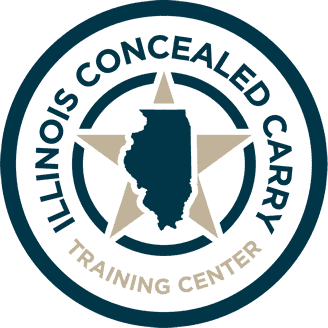My wife knew something was amiss when the car blocked our driveway. She was outside our house, playing with our kids on our trampoline, when a car drove slowly down our rural Tennessee street. As it reached our house, it pulled partially in the driveway, and stopped.
A man got out and walked up to my wife and kids. Strangely enough, at his hip was an empty gun holster. She’d never seen him before. She had no idea who he was. He demanded to see me.
I wasn’t there. I was at my office, a 50-minute drive from my house. My wife didn’t have her phone with her. She didn’t have one of our guns with her outside. She was alone with our three children. Even if she had her phone, the police were minutes away. My wife cleverly defused the confrontation before it escalated, but we later learned that this same person had been seen, hours before, slowly driving through the parking lot of our kids’ school.
That wasn’t the first disturbing incident in our lives, nor would it be the last. My wife is a sex-abuse survivor and was almost choked to death in college by a furious boyfriend. In just the last five years, we’ve faced multiple threats—so much so that neighbors have expressed concern for our safety, and theirs. They didn’t want an angry person to show up at their house by mistake. We’ve learned the same lesson that so many others have learned. There are evil men in this world, and sometimes they wish you harm.
Miles’s law states, “Where you stand is based on where you sit.” In other words, your political opinions are shaped by your environment and your experience. We’re products of our place, our time, and our people. Each of these things is far more important to shaping hearts and minds than any think piece, any study, or certainly any tweet. And it strikes me that many millions of Americans don’t truly understand how “gun culture” is built, how the process of first becoming a gun owner, then a concealed-carrier, changes your life.
It starts with the consciousness of a threat. Perhaps not the kind of threat my family has experienced. Some people experience more. Some less. And some people don’t experience a threat at all—but they’re aware of those who do. With the consciousness of a threat comes the awareness of a vulnerability. The police can only protect the people you love in the most limited of circumstances (with those limits growing ever-more-severe the farther you live from a city center.) You want to stand in that gap.
